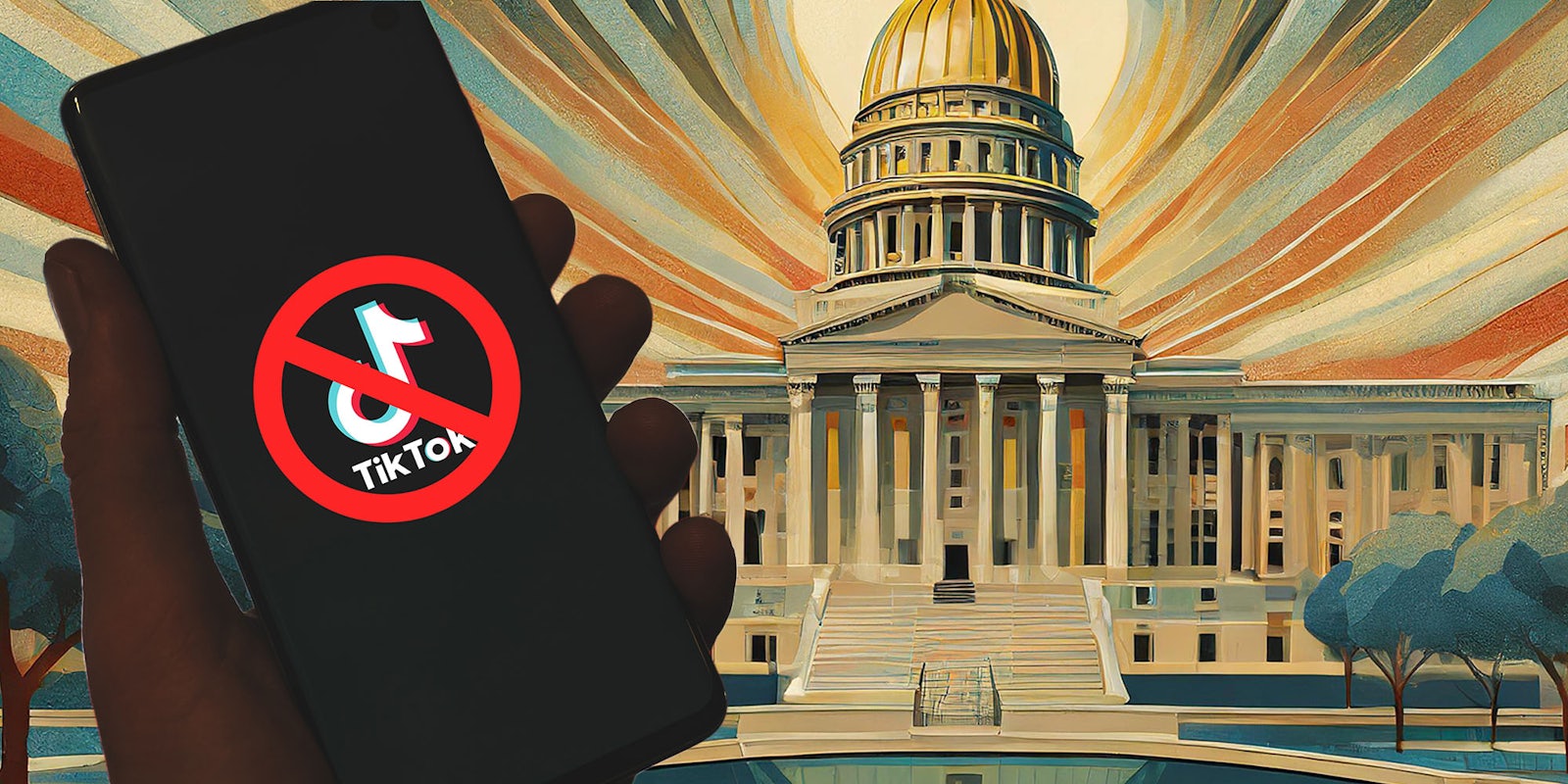Today, the U.S. House of Representatives voted overwhelmingly to ban TikTok unless the app is divested from its Chinese parent company, ByteDance.
The vote is a shockingly swift turn of events, as a bill was introduced by Rep. Mike Gallagher (R-Wisc.) just a week ago. It then promptly passed through committee on a unanimous, 50-0 vote.
The bill, known as the Protecting Americans from Foreign Adversary Controlled Applications Act, passed via a bipartisan vote, 352-65. It would prohibit TikTok from being in app stores in the U.S. unless ByteDance sold its interest in the company.
It now faces an uncertain future in the Senate, although it’s already gotten assurances from President Joe Biden that he would likely sign it if the bill made it to his desk.
A similar bill was already introduced last year by Sen. Mark Warner (D-Va.). After news of the House vote, Warner and his co-chairman Sen. Marco Rubio (R-Fla.) on the Senate Intelligence Committee said they’d work to pass the bill.
“We were encouraged by today’s strong bipartisan vote in the House of Representatives, and look forward to working together to get this bill passed through the Senate and signed into law,” the statement read.
While the bill’s passage was swift in House, the fervor around banning TikTok has been escalating for years.
What was once seen as an innocuous platform for dance routines exploded in popularity in the U.S., surpassing Meta’s suite of offerings to become the most widely used app in the country.
Along the way, it faced accusations that it was a propaganda effort by the Chinese over ByteDance’s ownership and potential ties to the Chinese Communist Party. Numerous U.S. lawmakers claimed it was collecting vast amounts of data on Americans, though to what purpose has never been explained.
However, in response, a number of states and government branches banned its use.
In recent months, it has also been accused of turning teens against Israel, although the evidence for that is circumspect at best.
The internet is chaotic—but we’ll break it down for you in one daily email. Sign up for the Daily Dot’s web_crawlr newsletter here to get the best (and worst) of the internet straight into your inbox.


